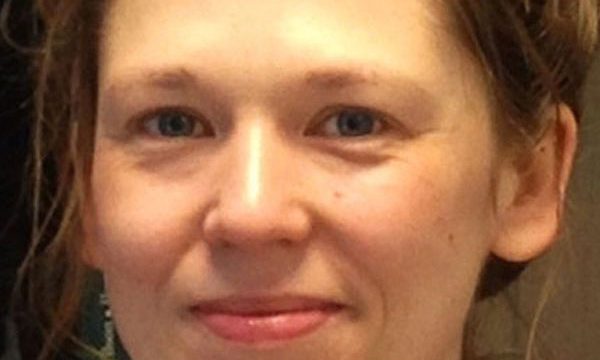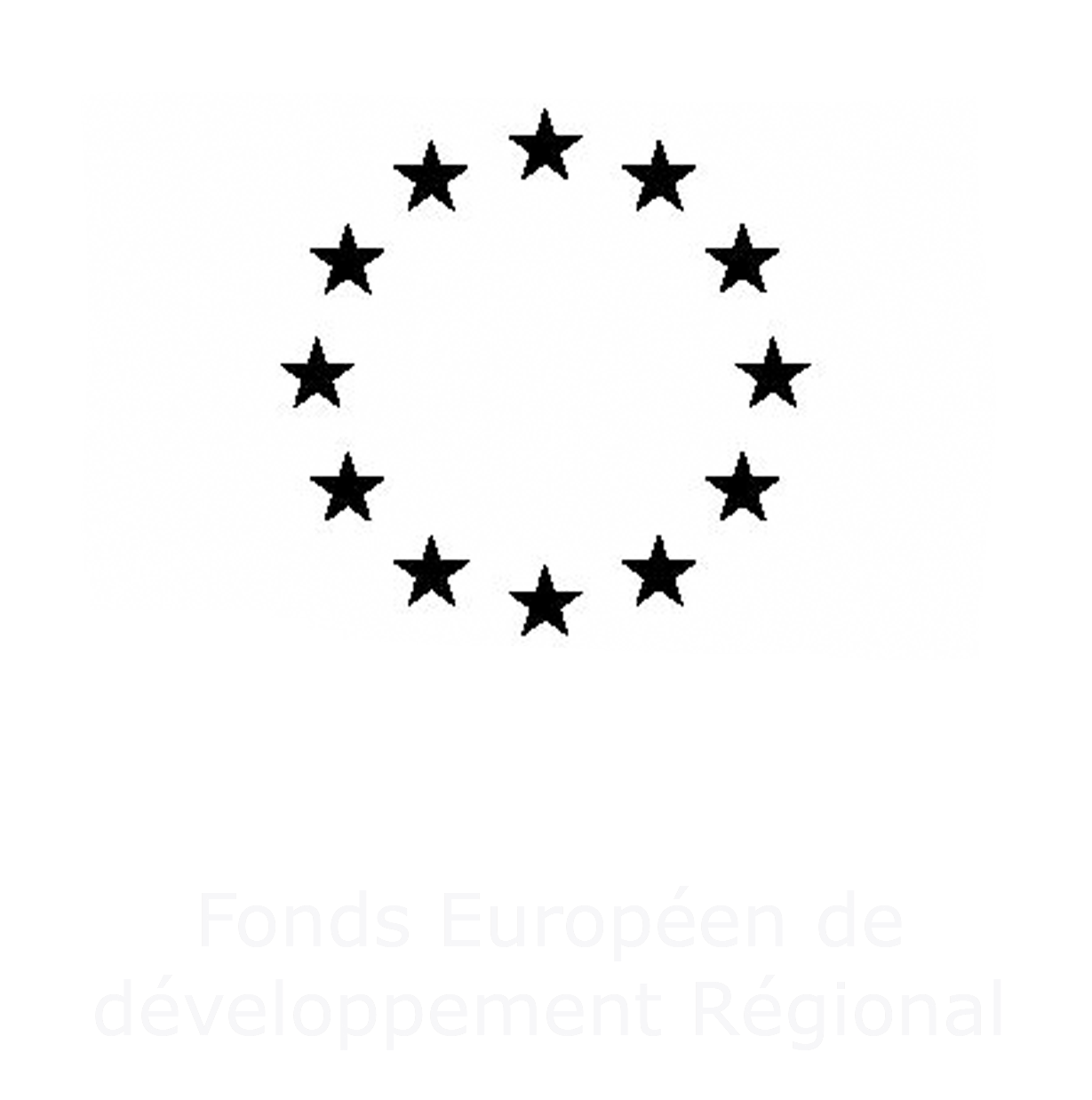
Elena Bülow managed to obtain a Marie-Curie fellowship
Elena Bülow is a post-doc in the [Anti-infectives laboratory: Molecular support of therapeutic resistance and innovation] (Anti-infectieurs : Supports moléculaires des résistances et innovations thérapeutiques) – UMR Inserm 1092 directed by Marie-Cécile Ploy. Arriving in France 7 months ago, this young researcher, originally from Germany, managed to obtain a Marie-Curie fellowship as part of European programme H2020, a prestigious award. It’s the first time that a foreign post-doc at the University of Limoges has won this post-doc scholarship. Interview with Elena Bülow
How and why did you come here, to Limoges?
I completed my thesis in Utrecht and I worked on researching antibiotic genes and antibiotic resistance in samples of wastewater from treatment plants in the city, from the hospital…I saw that the laboratory led by Marie-Cécile Ploy was doing the same type of work. This made me interested in continuing my research here. Initially I was there for one year, and, thanks to the funding obtained from the Marie Curie award, I can stay another two years until June 2018. The setting up of the project was supported by the [Project Support Unit] (Cellule d’Appui aux Projets) CAPof the International Cluster of the University of Limoges.
What does your research entail?
The initial project is to identify induction hotspots of genetic transfers. We wish to observe what exists in the environment that could induce the transfer of genetic material between bacteria. This is achieved by using the biofilm model, which is a model in which bacteria live attached to surfaces, which is the way bacteria live naturally in the environment or in the intestinal tract. We have already developed the biofilm model in the laboratory and it has been mastered. My one-year post-doc is an ANR project. It’s a collaboration with Christophe Merlin – university lecturer at LCPME in Nancy. The idea is to start with mono-specific biofilm models, made with a single bacterium that one knows and can control well, then to pass from this laboratory model to a natural model that we’re going to produce from hospital wastewater that has been treated or not. The goal is to see if we are able to measure the transfer of mobile genetic elements that carry antibiotic resistance.
What is the Marie-Curie award and how will it benefit you?
It is a European post-doctoral funding system to promote their mobility in Europe, develop collaborations and promote scientific excellence. The aim is to help young researchers to build their careers. It is one of the most prestigious awards a post-doctoral student can get in Europe. It means a lot to me and my future career. In terms of the host laboratory, it demonstrates that it is attractive and that its research is interesting.
With 7 months of hindsight, what do you think about working in Limoges?
Initially, Limoges does not stand out as being an attractive city, as would be the case with large cities like Paris or Amsterdam…but the quality of work, the publications and the level of research are excellent. I have a very good impression. The laboratory structure is the same as elsewhere, it’s just smaller and that’s precisely what I like. We have the latest machines and I can use them easily – I don’t have to share them with fifty people, as was the case in Utrecht. There are excellent working conditions in Limoges.


